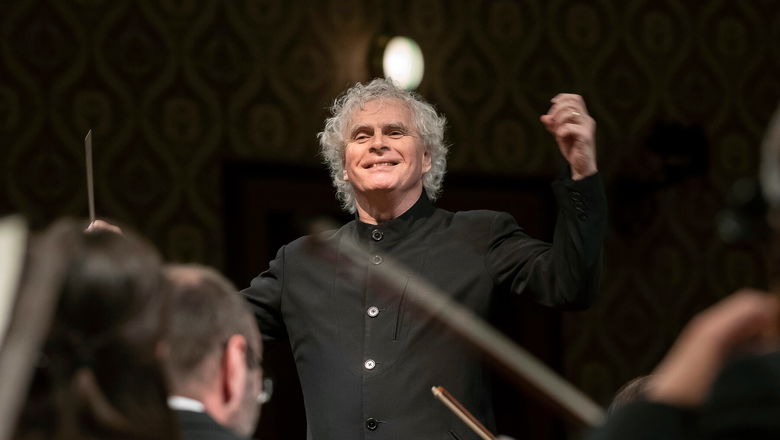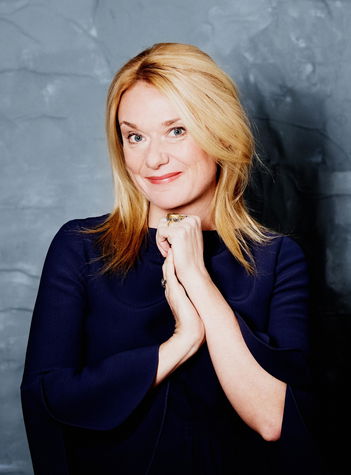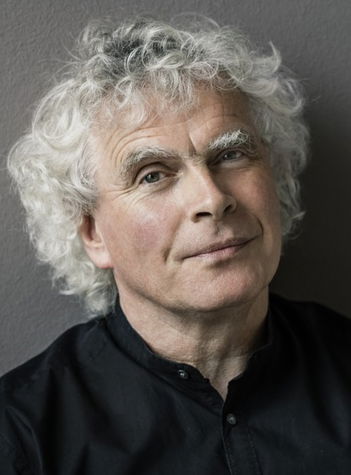We have seen one of today’s most distinguished conductors, Sir Simon Rattle, relatively often at the Rudolfinum in recent years. His long-term cooperation with the Czech Philharmonic has led to his appointment together with his wife, mezzo-soprano Magdalena Kožená, as Artist-in-Residence for the 2022/2023 season. At his appearances with the Czech Philharmonic, he has performed a number of symphonic works and, most notably, compositions for voices and orchestra from the late 19th and early 20th centuries, the repertoire for which Rattle has been the most acclaimed. He appeared most recently at the Rudolfinum in February 2024 with the pianist Yuja Wang, with whom he made a Grammy-nominated recording from their joint tour of Asia in 2017. From the 2024/2025 season, he becomes the Principal Guest Conductor of the Czech Philharmonic.
A native of Liverpool and a graduate of the Royal Academy of Music has held a series of important positions in the course of his long career. He came to worldwide attention as the chief conductor of the Birmingham Symphony Orchestra, where he was employed for a full 18 years (for eight years as its music director); next came 16 years with the Berlin Philharmonic (2002–2018; artistic director and chief conductor) and six years with the London Symphony Orchestra. He opened the 2023/2024 season as chief conductor of the Bavarian Radio Symphony Orchestra. He also leads the Orchestra of the Age of Enlightenment with the title of “principle artist”, and he is the founder of the Birmingham Contemporary Music Group. Besides holding full-time conducting posts, he maintains ties with the world’s leading orchestras and gives concerts frequently in Europe, the USA, and Asia.
He has made more than 70 recordings for EMI (now Warner Classics). He has won a number of prestigious international awards for his recordings including three Grammy Awards for Mahler’s Symphony No. 10, Brahms’s German Requiem, and Stravinsky’s Symphony of Psalms, which he recorded with the Berlin Philharmonic.
Besides the prizes mentioned above, Rattle’s long-term partnership with the Berlin Philharmonic also led to the new educational programme Zukunft@Bphil, which has achieved great success. Even after moving on from that orchestra, Rattle did not abandon his engagement with music education, and he has taken part together with the London Symphony Orchestra in the creation of the LSO East London Academy. Since 2019, that organisation has been seeking out talented young musicians, developing their potential free of charge regardless of their origins and financial situation.




